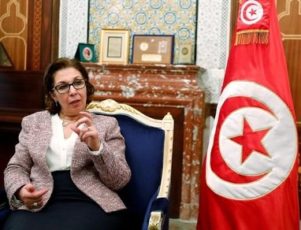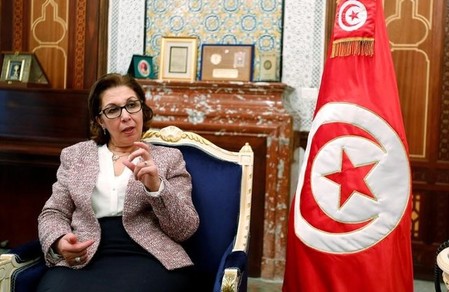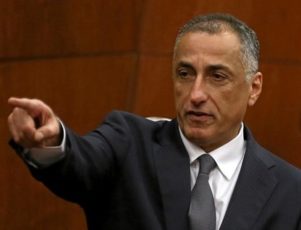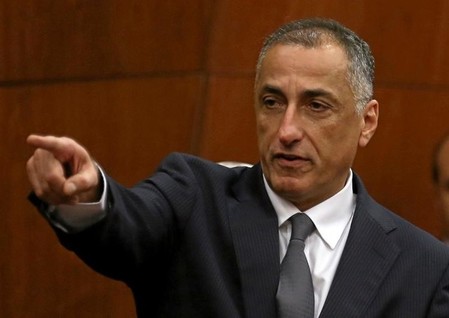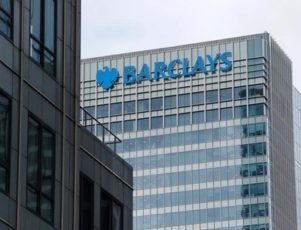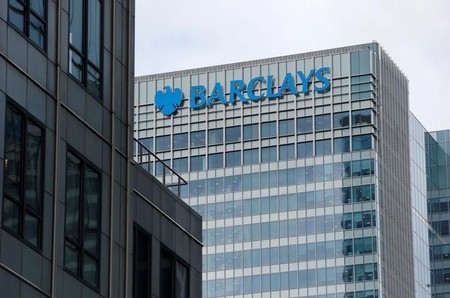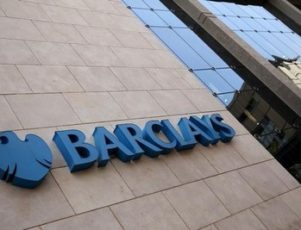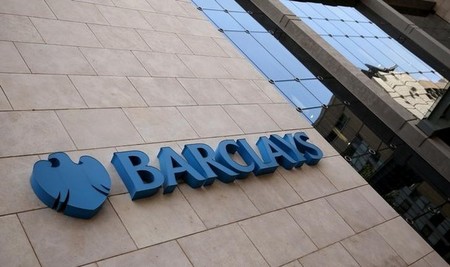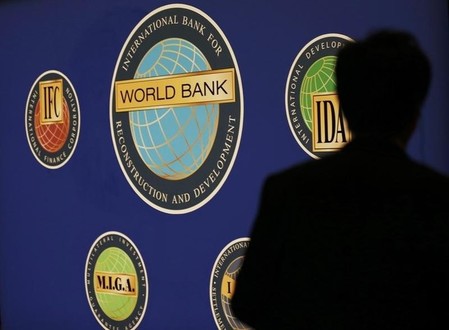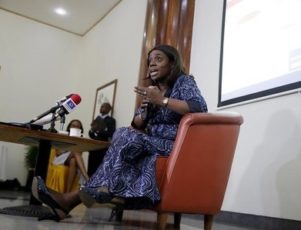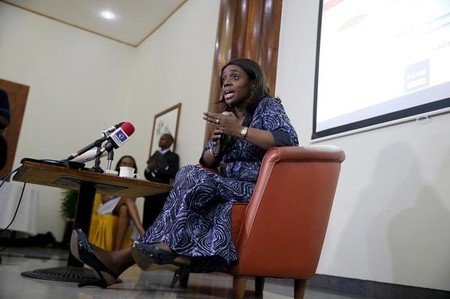By Tarek Amara
TUNIS (Reuters) – Tunisia is likely to sell stakes in three state-owned banks this year and cut up to 10,000 public sector jobs as part of reforms demanded by the International Monetary Fund (IMF), which has postponed the payment of the second tranche of a loan, the finance minister said.
Six years after its 2011 pro-democracy uprising, Tunisia is struggling to make economic progress. Last June, the IMF released the first tranche of a loan worth $320 million.
Finance Minister Lamia Zribi told Reuters in an interview a second payment had not been made.
“The IMF postponed the payment of a second tranche worth $350 million scheduled last December because of lack of progress in reforms, including public sector wage bill, the public finances and state banks,” the minister said.
Zribi said an IMF delegation had been expected in Tunisia next month to discuss reforms and the third tranche of the loan, but the team will not come if they did not see reform progress.
Any official suspension of IMF instalments of the loan could push other international partners to retreat from lending to the North African state.
Zribi said the government was ready to launch a new push on the reforms package in the public sector, the banking sector, state companies and taxes.
The minister said the government would immediately begin plans for a voluntary layoff programme for state employees by encouraging early retirement, aiming to cut at least 10,000 public sector jobs in 2017 through the programme.
SPENDING CUTS, LAYOFFS
Since 2011, Tunisia has been backed by foreign partners and multilateral lenders keen to see the new democracy succeed. But economic reforms have lagged behind political changes.
“The wage bill in Tunisia rose to 14.4 percent so far and is among the highest level in the world. We will cut it to 14 percent by the end of 2017 and about 12.5 percent in 2020,” Zribi said, referring to the public wage bill as a proportion of GDP.
The reform of three state banks, Societe Tunisienne de Banque (STB), Banque Nationale Agricole (BNA) and Bank de l’Habitat (BH) are among urgent steps demanded by the IMF.
In 2015 the Tunisian government injected 800 million Tunisian dinars ($350 million) to recapitalise STB, BNA and BH, but the banks still struggle with large deficits.
“We are studying options, including the fusion of the three into one bank, but this actually does not seem realistic. The other option is to sell stakes to strategic partners,” the minister said.
The government is likely to sell its share in seven banks including BTE (Tunisia and Emirates Bank) in which the state has minority holdings, she said.
The government also plans to sell a number of companies confiscated from former President Zine El Abidine Ben Ali’s family in telecommunications, media and service sectors.
Zribi said Tunisia expects to earn less than $300 million from the sale of these companies.
But the minister said there are also positive indicators for the return of growth this year with higher tourist bookings for the peak summer season and a higher level of phosphate production in the first two months of 2017.
Islamist militant attacks against foreigners in 2015 hit the tourism sector hard. Tourism makes up 8 percent of Tunisia’s gross domestic product. Protests over jobs also disrupted state phosphate production, another key revenue earner.
Tunisia’s government expected 2.5 percent growth this year, but Zribi believes it could achieve 3 percent, with the continuation of those positive indicators and forecasts of a good agriculture season.
Since autocrat Ben Ali was overthrown, Tunisia has managed free elections, introduced a new constitution and harnessed a spirit of compromise between secular and Islamist parties to become a model of political change for the region.
But popular protests over the lack of jobs, labour union resistance and political squabbling have held back plans to cut state spending and improve the legal framework for banking and investment to help job creation.
(Editing by Patrick Markey and Elaine Hardcastle)

